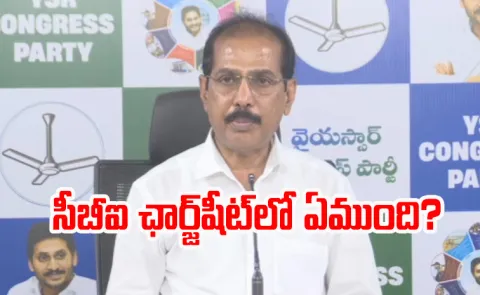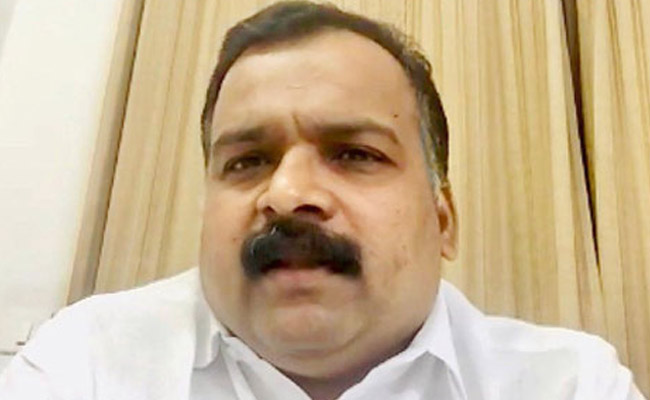In a significant power shift within the Bharat Rashtra Samithi (BRS), working president K T Rama Rao has appointed former minister Koppula Eashwar as the new in-charge of the Telangana Boggu Gani Karmika Sangham (TBGKS), a prominent coal miners’ union. This strategic move effectively sidelines his sister, MLC K Kavitha, who has long held influence over the organization as its honorary president.
The appointment of Eashwar is seen as a decisive action by KTR to consolidate his control over the influential labor union, which has been pivotal in representing the interests of coal miners in Telangana. This transition marks a clear shift in the party dynamics, with KTR maneuvering to strengthen his position within the BRS as he prepares for upcoming political challenges.
Kavitha, who has been a key figure in the TBGKS, now finds herself at a crossroads as her authority and influence within the organization diminish. For years, she has been recognized for her contributions to the miners’ cause, making her sidelining a notable development in Telangana politics. Observers suggest that this move could lead to a reshuffling of allegiances within the party, impacting future strategies as the BRS gears up for electoral battles.
The decision to appoint Eashwar is also seen as part of KTR’s broader strategy to bring fresh leadership into critical roles within the party. Eashwar, known for his grassroots connections and experience in labor issues, is expected to revitalize the TBGKS and advocate strongly for the rights of coal miners in the region. His new role could potentially enhance the union’s effectiveness in addressing the needs and concerns of its members.
This shift comes at a time when the BRS is facing increasing pressure from opposition parties and various stakeholders regarding labor rights and employment issues in the coal sector. As the political landscape in Telangana evolves, the BRS must navigate these challenges while maintaining unity within its ranks.
KTR’s strategic maneuvering has sparked discussions among party members and political analysts alike, with many speculating on the implications for Kavitha’s political future. The sidelining of a prominent figure such as Kavitha raises questions about her role in the party moving forward, and whether she will seek to reclaim her influence or pivot to new initiatives.
As the BRS continues to solidify its position ahead of future elections, the dynamics between KTR and Kavitha will be closely watched. The implications of this leadership change within the TBGKS may resonate beyond the union, potentially influencing the broader political landscape in Telangana as both siblings navigate their respective paths in a rapidly changing environment.



